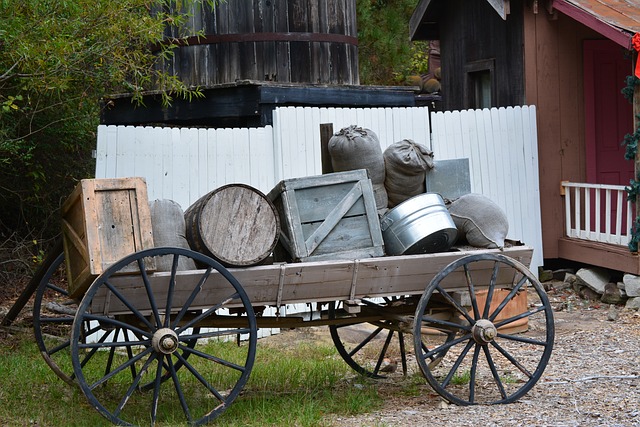×××××× ×ת קר×× × ××¤× × ×’ שש ×¢×××ת ×¦× ××©× × ×¢×©×¨ ×קר ×¢××× ×¢× ×©× × ×× ×©×××× ×ש×ר ××××…(×:×)
“They brought their korban… 6 covered wagons and twelve oxen one wagon for two leaders and an ox for each one … ”
Korban usually refers to an offering on the altar. If so, why are the wagons referred to as “korban” ?
Ramban answers that the wagons were for the sake of korbanot. Furthermore, wagons could be referring to the contents of the wagons, which carried the offerings of all of the N’si’im (princes). He explains that their intent was for all of them to sacrifice on the 1st day, until Moshe mandated to spread out the process over 12 days.
One may ask, why the N’si’im only brought 6 wagons, and not 12, from each one of them. After all, they were going out of the way to make up for seeming frugal in donations to build the Mishkan.
Sforno answers that sharing the korban demonstrates brotherhood, so crucial on this day of ×שר×ת ×ש××× ×, as the pasuk states:
×××× ××ש×ר×× ××× ××ת×סף ר××©× ×¢× ××× ×©××× ×שר××. Hashem dwells among the Jewish people when their is Achdut amongst the tribes.
Shabbat Shalom


